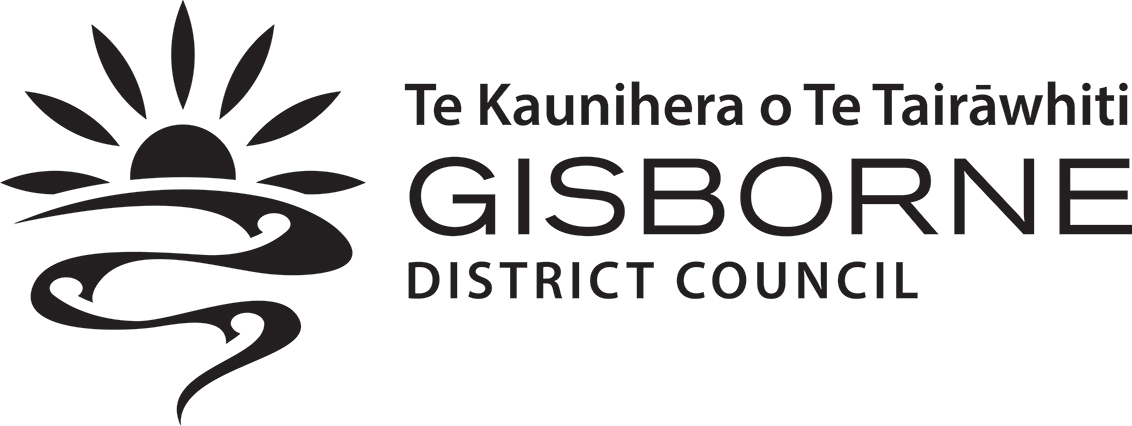.
Emergencies can happen anytime - from floods and earthquakes to fires, tsunami and pandemics. Be ready, stay informed. Know what to do. If life or property is at risk, call 111 immediately.
Local state of emergency lifted - Wednesday 11 February
We acknowledge the significant impacts this severe weather event has had on our East Coast communities including Te Araroa and Hicks Bay/ Wharekahika.
The local state of emergency, first declared at 5pm on Wednesday 21 January has now been lifted. While the formal emergency status has ended, this does not signal a reduction in support for those still recovering. Our teams are moving into the recovery phase. We will continue to work closely with partner agencies, iwi and local communities to ensure whānau still dealing with effects receive the help they need.
The Disaster Relief Trust remains open for donations:
- Account Name: Gisborne District Council
- Account: 03 0638 0502288 00
- For overseas payments - SWIFT code: WPACNZ2W
- Reference: Donation - Jan 26 CD Emergency
Building safety placard: red and yellow stickers
If your home has a red or yellow building placard due to flood or landslip, we have information to guide you through what it means and what to do next. What you need to know
If your home, business or property has been hit hard by landslides or flooding during the local state of emergency, or if your home was red or yellow stickered, we have rates remissions and rates relief options available
Temporary accommodation services
The Temporary Accommodation Service (TAS) supports people who have been displaced by natural disasters and need help finding suitable temporary accommodation. After you register, the TAS team will contact you to understand your needs and discuss available housing options. You can register:
- Online: www.tas.mbie.govt.nz
- By phone: 0508 754 163
Civil Defence emergency payments
Civil Defence Payments may be available to help with essential costs such as food, clothing, bedding, and accommodation after this event. For more information or to apply:
- Call: 0800 559 009
- Visit: www.workandincome.govt.nz/products/a-z-benefits/civil-defence-payment.html
Report issues
- If life or property is at risk - call 111 immediately.
For customer service:
- ph: 0800 653 800 24/7
- online eFix form
- Antenno app
Links to rainfall, rivers, roads and subscribe to text alerts
Stay up to date on weather and roads
Latest MetService weather alerts, state highway and local road conditions. For our Local Road Information
Emergency status and what the warnings mean
Stay informed and prepared. Here's what each status or warning level means:
Weather warning from MetService
Issued when MetService alerts us to severe weather. MetService defines these levels:
- 🟡 Weather Watch (Yellow) – Severe weather is possible but not yet certain. Typically issued 1 - 3 days in advance.
- 🟠 Weather Warning (Orange) – Severe weather is expected and meets MetService’s criteria - heavy rain, strong winds, or snowfall.
- 🔴 Red Warning – Extreme weather is expected to cause significant disruption or damage.
Alert or Activated
Civil Defence has been alerted to a possible situation and is monitoring and gathering information. This may be triggered by:
- MetService - event has started
- Institute of Geological and Nuclear Sciences
- Ministry of Civil Defence and Emergency Management
- Other systems such as telemetry, flood warnings
Declared emergency
A local state of emergency declared under section 68 or section 69 of the Civil Defence Emergency Management Act 2002. This applies when a situation:
- results from a natural or man-made event (eg. earthquake, eruption, tsunami, land movement, flood, storm, tornado, epidemic, technological failure)
- may cause loss of life, injury, illness, distress or endanger public safety or property
- requires a significant and coordinated response beyond emergency services and under the Act.
State of national emergency
Declared under Section 66 of the Civil Defence Emergency Management Act 2002. This applies when a situation affects the whole country or requires national-level coordination.
Be ready for any disaster
Emergencies can happen anytime - are you prepared?
You should be able to cope on your own for at least 5 days. Here's a basic guide to what you'll need:
- An emergency plan - where to meet family and how to contact one another if separated.
- Prepare a grab bag of essential items.
- Enough food in your home to last 5 days.
- Know where to get water, if your usual supply is not available.
- Alternative lighting - a torch with spare batteries or a wind up one, gas lantern or light-sticks.
- Battery operated or wind up radio and spare batteries - don't forget your car radio as a last resort.
- First aid kit, make sure it includes any essential medications.
- Blankets, survival blankets or warm waterproof clothing.
- Alternative cooking methods, BBQ or gas cooker.
- Store important family documents where you can get them easily.
For more information check the Get Ready website
Listen to your radio
Tune into one of the radio stations
| More FM | 98.9 and 90.1 Gisborne |
|---|---|
| 98.9 Wairoa | |
| Tūranga FM | 97.1 |
| Radio Ngāti Porou | 89.3 Tikitiki |
| 90.5 Tolaga Bay / Titirangi | |
| 93.3 Gisborne / Wheatstone | |
| 98.5 Gisborne | |
| 105.3 Te Araroa | |
| 106.5 Tokomaru Bay | |
| Radio NZ | AM 1314 |
| FM 101.3 and 97.3 | |
| Uawa FM | 99.3 |
Our emergency channels
- Tairāwhiti Civil Defence Facebook
- Gisborne District Council Facebook
- Antenno app for alerts and notices
- Subscribe to text alerts (scroll up the page).
